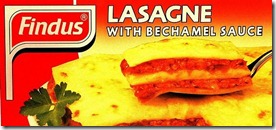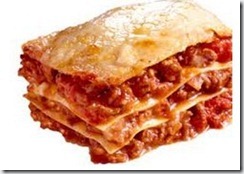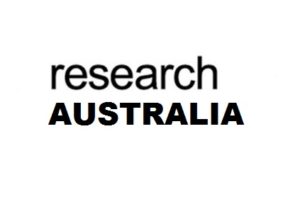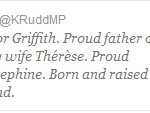A food scandal has erupted in UK and France where horsemeat was used instead of beef in popular ready top eat quick food like lasagne and pasta dishes.
In more recent update the food scandal is still unfolding with Nestle, the world’s biggest food company now having to remove beef pasta meals from shelves in Italy and Spain after tests revealed traces of horse DNA.
In the quick food packed products , the meat in some cases was found to be more than 60 percent horsemeat.
This seemed to be the biggest meat scandal after the “mad cow disease” incident In the United Kingdom, the country worst affected, more than 180,000 cattle have been infected and 4.4 million slaughtered during the eradication program
The ready to bake quick meals widely available in France and UK and also Europe Deli and stores were made in Luxembourg for the Swedish firm Findus.
Up to 16 countries have now been implicated in a European horsemeat scandal
Britain’s Food Standards Agency (FSA) has confirmed that its horse meat with Packets of lasagne being withdrawn in Sweden as well as in the UK..
Findus and its French supplier, Comigel have been the parties involved in getting this products to the shelves of stores
Australias’s biggest supermarket chain will DNA test its home-brand meals in the wake of Europe’s horse meat scandal .Supermarket chains in Britain, France and Sweden have pulled millions of packs of lasagne, other pasta dishes, shepherd’s pies and moussaka on fears of it containing horsemeat
Nestle withdrew two chilled pasta products, Buitoni Beef Ravioli and Beef Tortellini, in Italy and Spain.
Lasagnes a la Bolognaise Gourmandes, a frozen product for catering businesses produced in France, will also be withdrawn.
About horse meat
From Wikipedia, the free encyclopedia
“Horse meat is the culinary name for meat cut from a horse. It is a major meat in only a few countries, notably in Central Asia, but it forms a significant part of the culinary traditions of many others, from Europe to South America to Asia.
The top eight countries consume about 4.7 million horses a year. For the majority of mankind’s early existence, wild horses were hunted as a source of protein. It is slightly sweet, tender, and slightly higher in fat content than beef”
The UK and Germany have both pledged to step up testing of frozen food products on the wake of this “meat scandal”.







